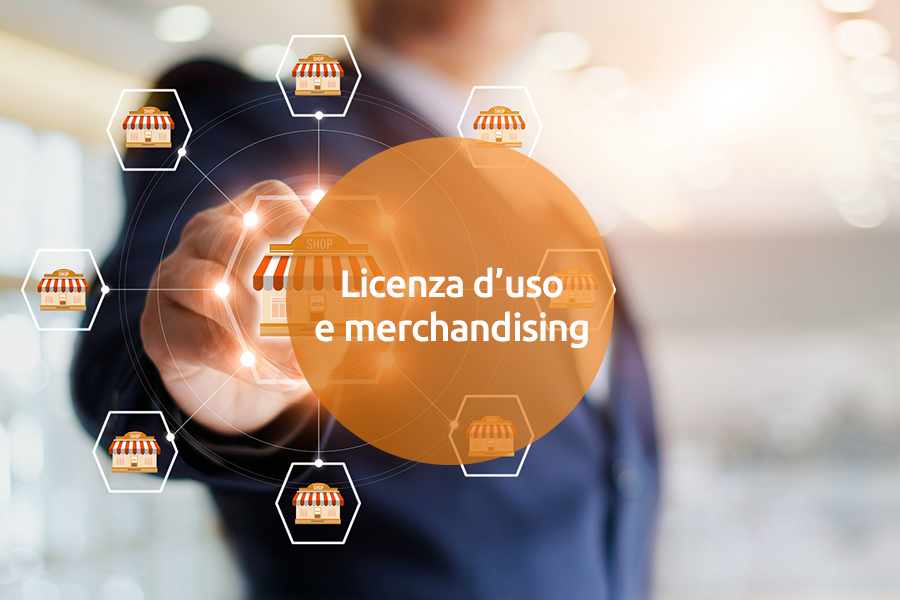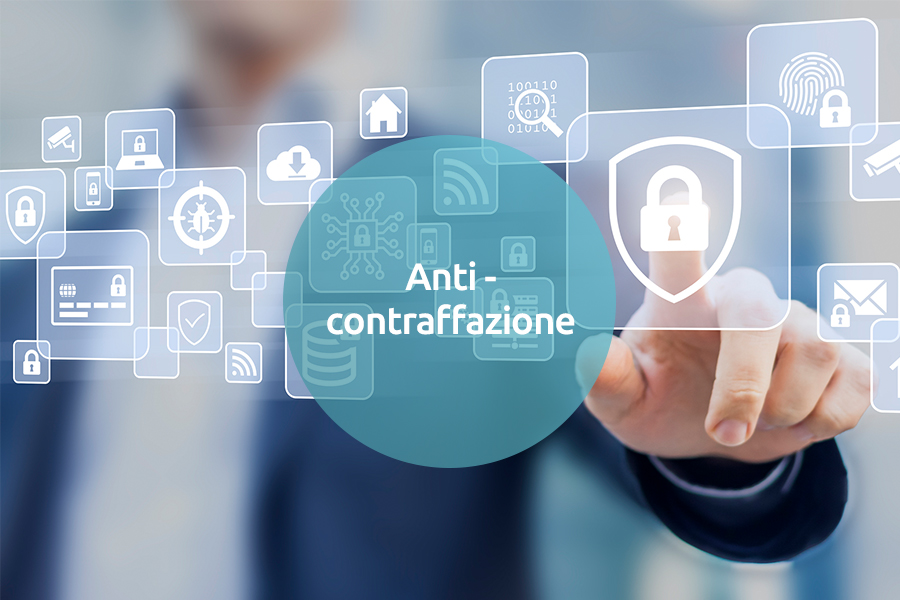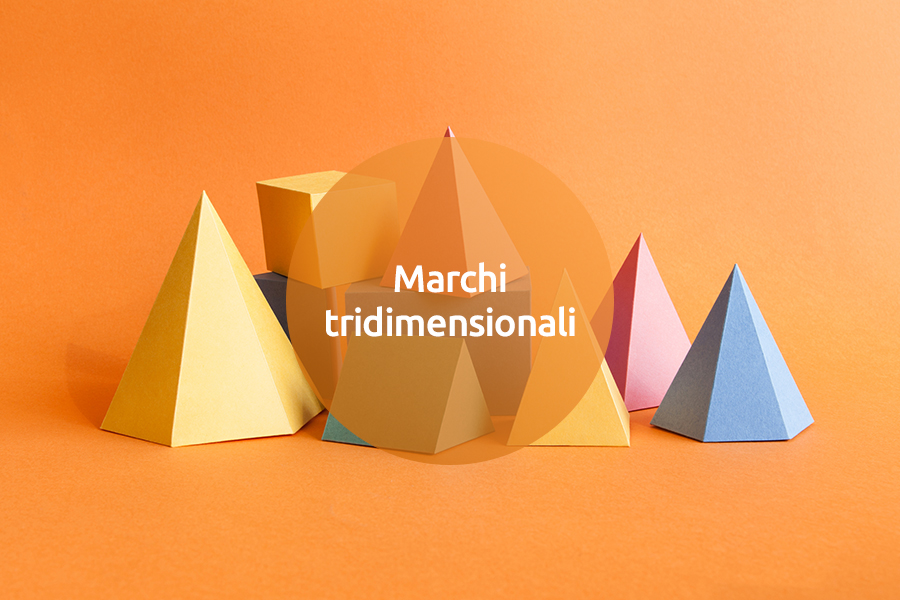In the fashion industry it is common to use and register the name of a designer as a trademark. But what happens when a designer assigns his or her company's IP assets, including trademarks associated with his or her own name, to a third party, and then continues using the name in new trademarks?
Legal Background
The Court of Cassation recently ruled on this matter in a case concerning Fiorucci’s trademarks (Decision 10826/2016), stating that a person who registers his or her own name as a trademark and then transfers it to a third party can still use that name, but only in a descriptive way, provided that this use creates no likelihood of confusion or undue association with the assigned registered trademarks.
Facts and case law
The Court of Cassation's decision came at the end of long-running legal proceedings which began in 2006.
The dispute originated in 1990 when designer Elio Fiorucci assigned Fiorucci SpA’s assets to Japanese group Edwin International. These were then licensed to the Fiorucci Design Office. The assignment covered various registered Italian trademarks using the patronymic element 'Fiorucci'.
In early 2000, after commercial relations with Edwin International ended, Fiorucci launched a new project entitled “Love Therapy by Elio Fiorucci” and applied to register various trademarks using the word element 'By Elio Fiorucci' in combination with other verbal or device elements for a wide range of goods.
Edwin International brought a lawsuit against the designer, claiming infringement of its rights to the FIORUCCI trademarks and asking the Court of Milan to prohibit Fiorucci from using the expressions 'love therapy by Elio Fiorucci', 'love therapy collection by Elio Fiorucci' and 'by Elio Fiorucci', which appeared on the packaging of a brand of sweeteners in combination with the general trademark CANDEREL and other elements, as shown below.
The plaintiff claimed that the FIORUCCI trademarks, purchased from Fiorucci SpA, were well known and thus benefited from broad protection, including protection for non-competing goods.
In response, Fiorucci argued that the use of his name in the new trademarks was not made with a distinctive purpose, but rather as a sign of identification of his creative and personal contribution to the packaging of Canderel’s products.
The Court of Milan agreed with Edwin International, concluding that Fiorucci's conduct constituted an act of unfair competition and violated the principles of professional fairness. Therefore, the use of trademarks containing the word 'Fiorucci', even if combined with other verbal or graphic elements, constituted an infringement of Edwin International’s rights.
Fiorucci appealed this decision, arguing that in his new trademarks the surname 'Fiorucci' was used in combination with his name and the term 'by' to indicate his creative contribution.
The Milan Court of Appeal reversed the first-instance decision, affirming that the use of the trademark LOVE THERAPY BY ELIO FIORUCCI to distinguish goods made with his participation did not interfere with Edwin International's exclusive rights. The appeal court concluded that Firocucci's use of the patronymic element was legitimate and did not violate principles of professional fairness.
According to the appeal court and Italian legislation, the right to use one’s own name cannot be restricted, and thus Edwin International could not prevent the stylist from using his name on third parties’ goods.
Decision
The Court of Cassation overturned the decision of the Milan Court of Appeal. Specifically, the Court of Cassation pointed out that a trademark composed by or including patronymic elements constitutes a limit that restricts the rights in the name, and thus the person who has a name already registered as a trademark and held by third parties can use it, but solely within the limits of professional fairness and only in a descriptive way. This interpretation was also supported by Article 21 of the Industrial Property Code, which provides that: “Trademark rights do not allow the holder to prohibit third parties from using of his/her own name in economic activities as long as this use complies with the principles of professional fairness.”
Further, the Court of Cassation observed that patronymic trademarks are considered strong trademarks, and thus the use of the same patronymic element in a subsequent trademark is possible only if there is a real descriptive need. In the case at hand, the use made by Fiorucci of his own name was not limited to personal creations, but rather was related to co-branding, co-marketing and co-merchandising activities aimed at gaining an unfair advantage from the selling power of the FIORUCCI trademarks assigned to Edwin International.
Consequently, this conduct was contrary to professional fairness and the interpretation of Article 21 of the code. Accordingly, the Court of Cassation ordered the Milan Court of Appeal to reconsider its judgment.
Comment
With this decision, the Court of Cassation clarified the relationship between the commercial use of a patronymic element in a trademark and the right to use one’s own name. Once a sign that is constituted by or includes a patronymic element has been registered, it cannot be used in identical or similar product sectors even by a person who has the same name. The right to pursue commercial and economic activities using the patronymic sign prevails and restricts the right to the name when it has been previously registered as a trademark owned by third parties. One potential solution to avoid such disputes could include providing in the assignment specific provisions to regulate the relationships between parties and the trademark rights at issue. Therefore, it would be possible to define in advance the limits on whether the assignor of the patronymic trademarks can continue to use his or her name without interfering with the asignee's economic exploitation of the patronymic trademarks.





